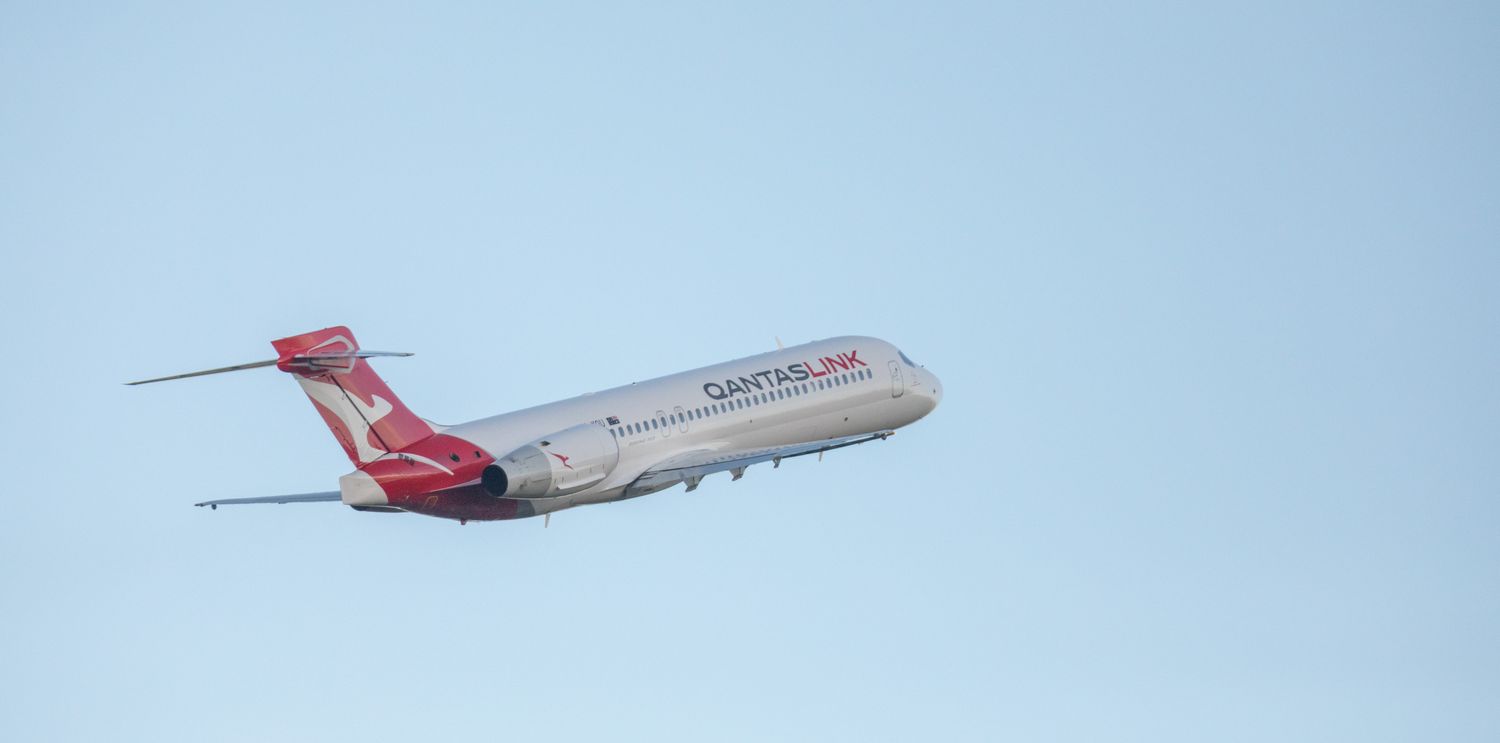End of an Era: Qantas Bids Farewell to Its First Boeing 717
Australian airline Qantas is marking the end of an era with the departure of one of its Boeing 717 jets, the first of its kind to be registered and flown in Australia. Nicknamed «Blue Mountains,» the plane completed more than 29,000 flights and safely carried over 1.6 million customers over two decades of service.
The Boeing 717, registration VH-NXI, played a significant role in Qantas Group’s modern history. Its inaugural flight in May 2004 was for Jetstar, operating between Melbourne and Launceston on the day the airline began flying. Over the past 15 years, it has flown regional and domestic routes for QantasLink.
Scheduled to leave Australia in mid-June, this plane is to be sold to another major airline. As the third of the airline’s 717s to leave the fleet, its limited range means that the journey to its new owner in North America will include eight fuel stops, including Cebu, Sapporo, and Anchorage.
This departure is part of Qantas’ «Project Winton» fleet renewal program, in which the airline’s 20 Boeing 717s will be gradually replaced by 29 more fuel-efficient Airbus A220 aircraft. The first A220 is expected to arrive later this year, with the first of 20 A321XLRs due at the end of 2024.
At Sydney Airport today, the outgoing 717 was flanked by two new additions to the fleet – a Boeing 787 Dreamliner and a Jetstar A321neo LR. These next-generation aircraft are part of a significant investment in fleet renewal, which will see the Group take delivery of a new aircraft every three weeks on average over the next few years.
Speaking to this, Qantas Group CEO Alan Joyce said, «It’s the end of an era for these Boeing 717s which have played a crucial role in connecting Australians across our domestic and regional network for more than two decades.»
He added, «It’s fitting that the very first 717 to be registered in this country is making way for another brand-new fleet type, the A220, which can operate double the range of the 717s, opening up new domestic and short-haul international routes.»
Qantas is in the early stages of the biggest fleet renewal program in its history. «It’s an incredibly exciting time for our employees as well as our customers as these new aircraft create more opportunities and unlock new destinations,» said Joyce. «The new aircraft we’re receiving are much more capable than the aircraft they’re replacing. They can fly further while being much quieter and more efficient, and providing a great experience for our passengers.»
With a combination of new arrivals and standby aircraft returning to service, the Qantas Group has returned to around 100 percent of pre-COVID domestic flying levels and expects to restore 100 percent of international flying by March 2024.


Para comentar, debés estar registradoPor favor, iniciá sesión